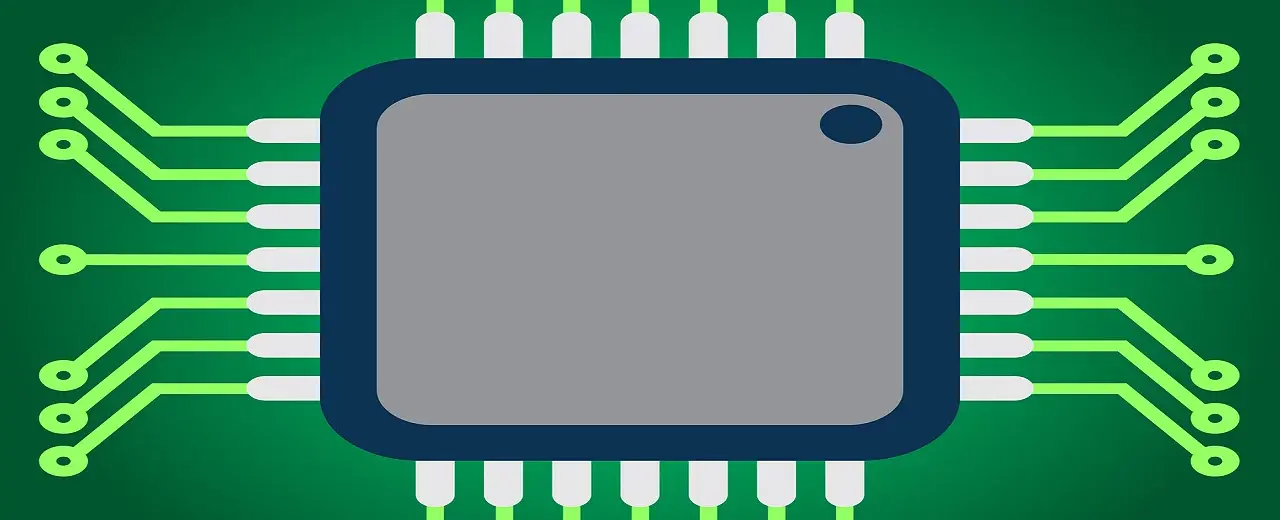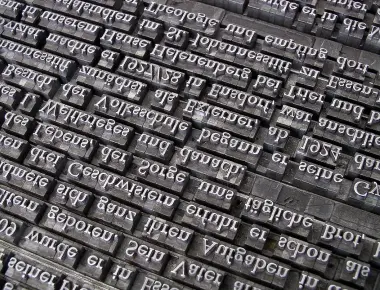
Simple code to find endianness in C

Endianness is the order of storage of bytes of a word in memory; there are big-endian and little-endian systems. Often in latest microcontrollers there is option to switch between big-endian and little-endian schemes.
Big-endian: Stores the Most Significant Byte (MSB) of the data word in the smallest address in memory.
Little-endian: Stores the Least Significant Byte (LSB) of the data word in the smallest address in memory.
This C program shows a very simple program to detect the endianness of the system.
#include <stdio.h>int main(){int i = 1;if (*((char *)&i) == 1) puts("little endian");else puts("big endian");return 0;}
Code walk-through
This example C program implements a simple logic to detect endianness of the machine.
The condition check at line,
if (*((char *)&i) == 1) puts("little endian");
tests if the variable i type-casted to a character pointer results in the value 1 if dereferenced. The integer i is set to value 1 in the main(). Since the little endian machine saves its LSB at lower address; if the integer variable address is type-casted to a character pointer and a dereferencing operation will result in fetching the value stored at the lowest memory location.
So here in this example, if we get a value 1 after dereferencing the type-casted variable i we can be sure that the machine is a little endian machine or otherwise.
Share
Related Posts






Quick Links
Legal Stuff

